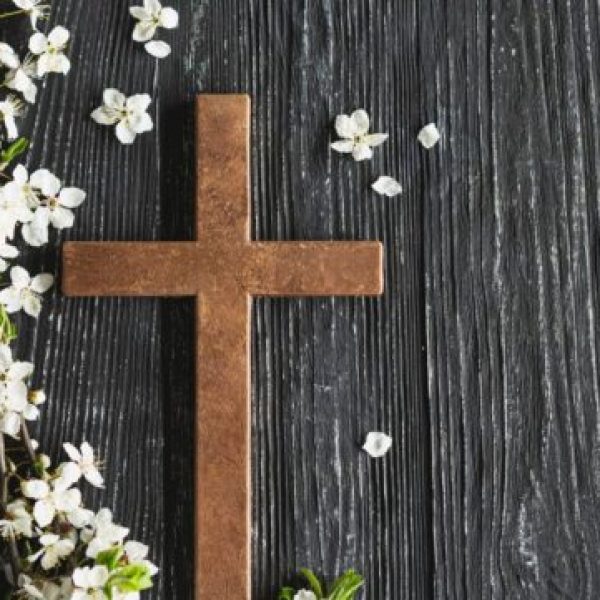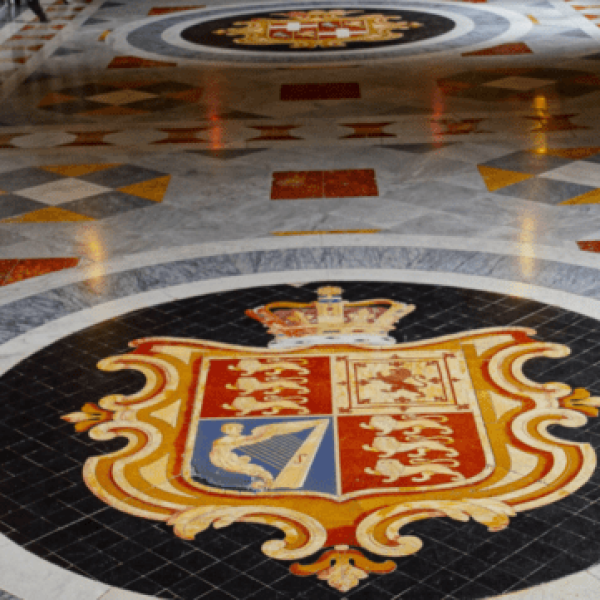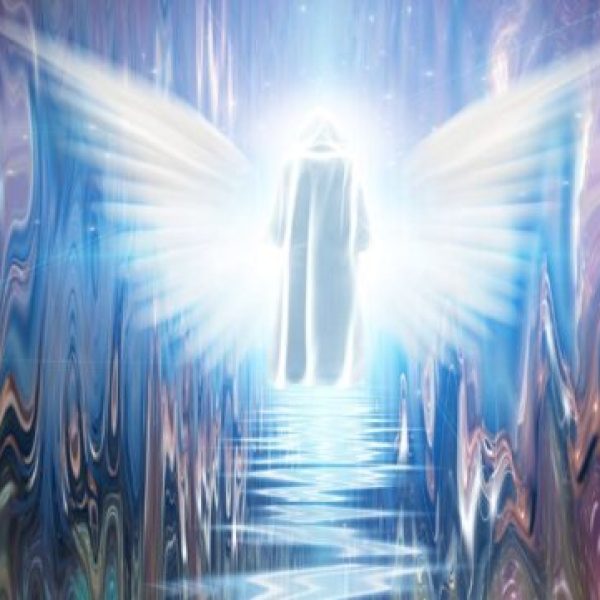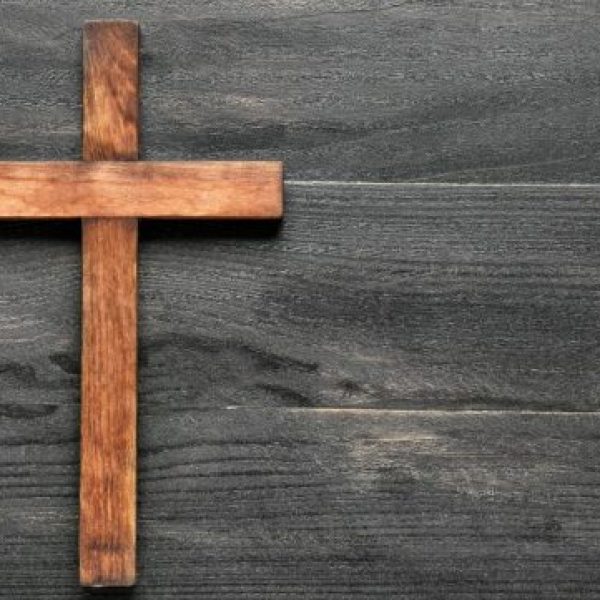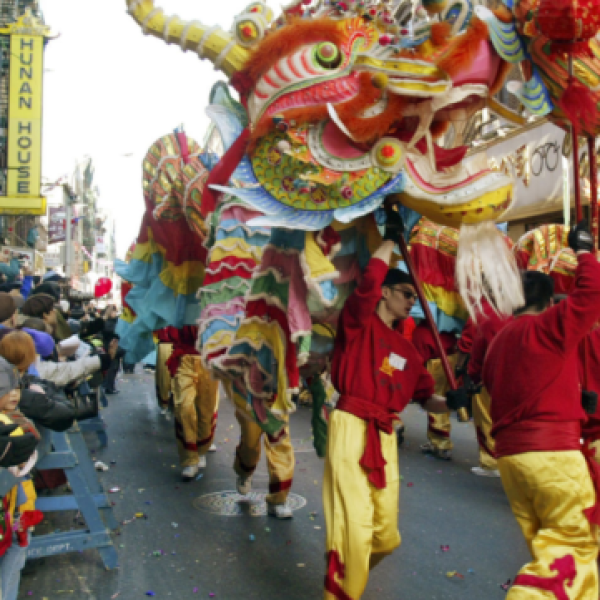Have you ever wondered what the symbolic meaning of a deer is? The gentle, graceful, and innocent creature has long been considered sacred in many cultures worldwide. From its spiritual power to its profound gentleness, there are several meanings associated with this beautiful animal. In this article, we will explore the symbolic meaning of a deer; its gentleness, graciousness, and innocence.
Throughout history, deer have often represented symbols of fertility and femininity due to their gracefulness and delicacy. Ancient Greek mythology tells us that Artemis – goddess of wild animals and hunting – was said to be accompanied by two doe-eyed deer wherever she went.
Deer were also seen as being closely connected to Nature in general; they’ve been known to symbolize harmony between humans and other creatures living in natural habitats.
The symbolic message behind a deer’s gentle demeanor goes even deeper than that; it can represent an understanding of one’s inner self or true calling in life. It is believed that seeing a deer in the wild is our subconscious’s telling us that we should trust our instincts more and strive for balance within ourselves.
Now let’s look at how these characteristics manifest themselves in real-life instances: from gentleness and graciousness to innocence and vulnerability.
The deer has been an enduring symbol of grace and gentleness throughout history. In many cultures worldwide, it is seen as a messenger from divine realms due to its gentle Nature and swift movements. The power of this image can be traced back thousands of years to ancient Greece and Rome, where the deer was associated with gods like Artemis and Diana, who were symbols of purity and strength.
Even in Native American culture, the deer represented peace and respect for all creatures since they believed they could communicate between humans and spirits. This connection created a deep-rooted spiritual significance that continues today in modern society. As such, the symbolic meaning of the deer – gentleness, graciousness, and innocence – remains strong in our collective consciousness.
The deer has long been associated with gentleness and innocence but carries several social connotations. On the one hand, the deer is seen as an emblem of gracefulness, strength, and power. This is why many cultures revere the animal and consider it an important symbol in their mythology and folklore. The Chinese regard the deer as a sign of longevity, while Native Americans associate it with wisdom, courage, and inner harmony.
On the other hand, some people believe that the deer symbolizes naivety or foolishness because of its gentle Nature. They think anyone who takes on qualities similar to a deer will easily make mistakes due to a lack of experience or knowledge. Similarly, some view the deer’s innocence as a sign of being too trusting or gullible.
Regardless of how people interpret its symbolic meaning, there can be no denying that the deer holds immense power over human emotions. Its majestic beauty captures attention; its graceful movements inspire admiration; its calm demeanor invokes serenity — all these characteristics remind us to take notice and appreciate life’s simple pleasures more often.
To sum up, even if we don’t fully understand this creature’s message, we are drawn to its symbolism for peace and tranquility—a reminder to live in harmony with Nature.
Throughout history, the deer has symbolized gentleness, graciousness, and innocence. This symbolism is reflected in cultures worldwide; from ancient Greece to modern-day Japan, it has become an emblem of gracefulness and beauty.
Take, for example, the white deer of Nara Park in Japan. They’ve been protected since 1192 when Taira no Kiyomori declared them sacred animals due to their pure white coats and said that anyone who hunted them would be cursed with misfortune. The deer are still revered today as symbols of good luck by locals and tourists alike.
In addition to being symbols of luck or fortune, deer have represented fertility and rebirth throughout many cultures. Ancient Greeks often depicted female goddesses with antlers or horns, which were thought to represent growth and abundance, while some Native American tribes associated them with transformation during rituals.
Similarly, they’ve been used in artwork over centuries, including paintings like “The Forest Interior” by Jan Brueghel (1600), which featured two stags grazing peacefully among other woodland creatures representing harmony between Nature and humanity.
The symbolic meaning behind the deer has endured across time—from its associations with gentleness, graciousness, and innocence through its cultural representation as a symbol of luck and fertility— making this majestic animal one of humankind’s most treasured companions.
The spiritual connection of the deer is complex and varied. It can represent different themes, depending on a person’s culture or beliefs. For some, it symbolizes gentleness, graciousness, and innocence; for others, its power is associated with wisdom and protection. In many Native American cultures, the deer has long been seen as a sacred animal that links humans to Nature and connects them to their ancestors in spirit form.
In Hinduism, the male stag represents virility, while female stags are thought to embody fertility and abundance. In Buddhism, the antlers of a deer signify alertness; they remind us to be mindful of our thoughts and actions during challenging moments. Meanwhile, in Celtic traditions, deer are associated with love and grace from an invisible realm – often called “the Otherworld” – where divine beings dwell.
It is clear that throughout history, the symbolic meaning of the deer has had immense cultural resonance across various spiritual belief systems worldwide. Whether one considers themselves religious or not, contemplating how this majestic creature ties into our lives can bring deep insights into our inner worlds.
By understanding these connections, we may come closer to finding peace within ourselves by embracing both natural harmony and personal growth at once.
The deer has a long history in mythology and folklore, being used as an emblem of life and death. In many cultures, the deer is seen as a symbol of gentleness, gracefulness, and innocence – qualities that are often associated with femininity. In some stories, it is said that the antlers of the deer represent its connection to the divine world or spirit realm.
In Chinese mythology, the deer is believed to be a messenger between gods and humans. It’s also thought that they can bring good fortune by guiding those seeking their help toward spiritual enlightenment. Similarly, in Indian culture, the white male stag is sometimes considered an incarnation of Lord Shiva himself.
Several mythological creatures have been linked to deer symbolism throughout different periods and societies. For example, in Greek mythology, there was Artemis – goddess of Nature and hunting – who had her herd of golden-antlered deer. The Irish legend of Cernunnos tells us about a horned deity who takes the form of a stag when he chooses to visit mortals on Earth.
All these tales remind us how deeply embedded this animal is within our collective consciousness; we hold it sacred for its nobility and beauty while simultaneously honoring its position as one of Nature’s most majestic creations.

The symbolic meaning of the deer is often seen in many creative interpretations. Artists have been inspired by this animal’s gentle and innocent nature in paintings and sculptures for centuries. Here are three examples of how art has depicted the deer:
- Greek Pottery – In ancient Greek pottery, the graceful figure of a stag was used as a motif on vases depicting hunting scenes or rural life in general. The stylized appearance of these figures conveyed an aura of elegance associated with the gracefulness and innocence attributed to deer.
- Medieval Tapestries – During medieval times, tapestry makers incorporated majestic images of stags into their works as symbols of nobility and chivalry. These depictions were often accompanied by floral patterns and other natural elements, which further emphasized the peaceful qualities represented by this animal.
- Modern Sculptures – Contemporary sculptors continue to create stunning pieces featuring realistic representations of deer in various poses, such as grazing or running through a meadow. These sculptures draw attention to the beauty, agility, and power embodied by this noble creature while simultaneously conveying its gentleness and fragility at the same time.
The symbolism behind the deer has endured throughout history, inspiring countless artistic interpretations across multiple mediums over time. Whether portrayed in classical works from antiquity or modern creations today, this majestic creature embodies all that is pure, gentle, and beautiful about nature – something we can all appreciate no matter our culture or background.
In conclusion, the deer has been a symbol of gentleness, graciousness, and innocence for centuries. This animal is so closely connected to our history and culture that it’s hard to ignore its many meanings. From ancient mythology to contemporary art, the deer can be seen as an emblem of strength and resilience. It serves as a reminder of how we should strive to treat each other with kindness, understanding, and compassion.
As the adage goes: “treat others as you would have them treat you” – this applies to all aspects of life, including how we view those around us. The deer stands for something more significant: respect and acceptance for one another regardless of differences or background. By recognizing and celebrating the unique beauty found within each living creature on Earth, we can live together in peace and harmony.






